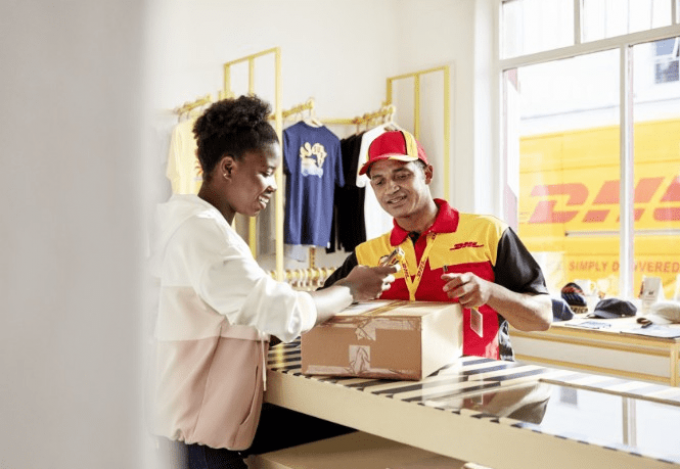Growth in 'patient-centric care' driving M&A in pharma supply chains
An explosion in M&A activity surrounding “patient-centric” approaches to healthcare is set to further reshape ...

DP-DHL enjoyed a strong third quarter on the back of surging e-commerce volumes, and looks set for a better full-year performance than in 2019.
Revenues in Q3 grew 4.4% year on year, to €16.2bn ($1.65bn), while ebit increased 50% to €1.4bn, and the group now anticipates ebit of €4.1bn to €4.4bn for 2020, against last year’s €4.1bn.
Free cash flow increased by more than €750m to some €1.3bn, and the group has raised its forecasts to more than €2bn.
However, 2022 guidance remains ...
Volcanic disruption at Anchorage could hit transpacific airfreight operations
Macron calls for ‘suspension’ – CMA CGM's $20bn US investment in doubt
Forwarders stay cool as US 'liberation day' tariffs threaten 'global trade war'
Shippers snap up airfreight capacity to US ahead of tariff deadline
De minimis exemption on shipments from China to the US will end in May
Tighter EU import requirements proving 'a challenge' for forwarders
Looming Trump tariffs will create 'a bureaucratic monster' for Customs

Comment on this article